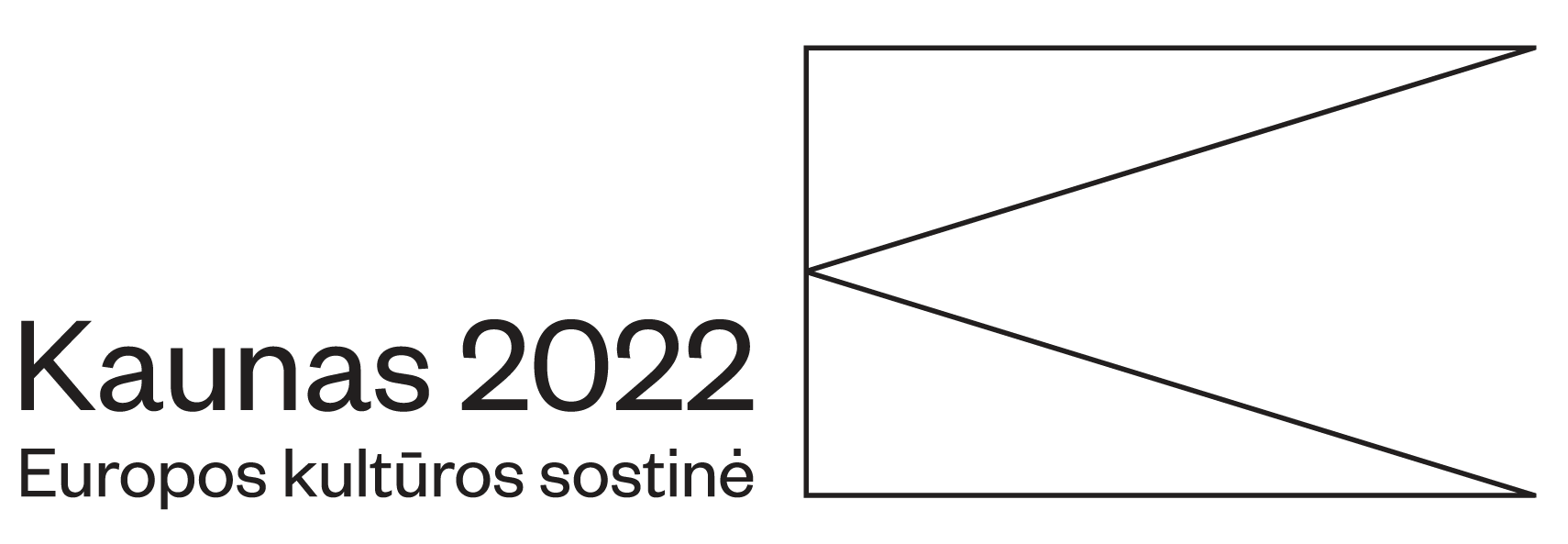
So far, almost all of the 57 countries which Linas Adomaitis has traveled to confirmed the belief of the musician that the second largest cities are unique. Kaunas, for that matter, is not an exception. A conversation with a music performer, composer, and producer, who grew up and started his musical path here, about the childhood pranks, musical opportunities, that opened in Kaunas, and love for his hometown.
You chose the former Juozas Naujalis Music School (Curia of Roman Catholic Archdiocese of Kaunas, at the moment) for our meeting. Why?
I am very happy that we met here. I had the honor of studying here for ten years, so it feels good to have a walk down the hallways of my former school and open the doors of classrooms where I took my lessons. When I was a pupil, I used to prank not only my classmates but teachers as well. We used to fix snowballs above the teachers’ desks, and once they opened the grade book, a snowball would drop right onto it. Riding a skateboard or bike down the hallways isn’t even worth mentioning. And sticking chewing gum on the teachers’ chairs is a true classic. I also recall that before the holidays we used to put chalk into flower pots. After the holidays, the smell was so disgusting that we had to miss classes and, thus, the holidays were extended (laughs). I wasn’t the easiest kid for my teachers, but classmates loved me, as I did love them too. Right until this day.
Kaunas is the city where you grew up. What are Kaunas sites that bring back the dearest memories and why?
Juozas Naujalis gymnasium and the Old Town are probably the places that trigger the most memories. Of course, these are not the only Kaunas sites that I like, there are more of them. Pažaislis Monastery has an extraordinary atmosphere, and I think that my native Žaliakalnis is one of the most beautiful neighborhoods that is distinct in Kaunas of its unique architecture. I consider Žaliakalnis the true center of Kaunas because it has a convenient access to other Kaunas districts.
Kaunas was the places where you have started to shape your musical path. What kind of musical prospects has the city opened for you?
At the time, when I was a pupil and a student in Kaunas, Juozas Naujalis gymnasium and Juozas Gruodis conservatory were the music schools of a very high-level. I am very happy that I have studied here, although, I received offers to go to Vilnius, to the National M.K.Čiurlionis School of Arts. I didn’t want to leave my friends and my hometown Kaunas. I am glad that I stayed in Kaunas and graduated from music school and completed my higher education in the Kaunas faculty of the Lithuanian Academy of Music and Theatre. Kaunas has opened many musical doors, therefore, I am really happy that I grew up, went to school, and studied here.
How would you describe Kaunas today? What are the cultural characteristics that set it apart from other Lithuanian or European cities?
Not only the demographic situation, but cultural diversity as well makes Kaunas attractive. This city is full of culture. Kaunas can boast of numerous authoritative Lithuanian intellectuals and professional international festivals such as „Kaunas Jazz”, Pažaislis Music Festival, „Aura”, „Kaunas Photo”, and so on. Kaunas radiates the energy. It is a youthful and modern city. I always fancied the second-largest cities. I travel a lot. Recently, I calculated that I have visited 57 countries and each time the second largest city impressed me most of all. Kaunas is a genuine and very Lithuanian city that stands for national values.
You are an ambassador for “Kaunas: European Capital of Culture”. Why does Kaunas need this project, and why does it deserve to have the title?
For Kaunas, it is very important to present itself in the international arena. This is a cultured, intelligent, and beautiful city. Kaunas raised a lot of talented professionals in various fields. Kaunas has one of the oldest basketball teams in Europe, and the two largest Lithuanian rivers join in the very heart of the city. I would wish to Kaunas to remain positive, creative, and friendly, and continue bringing joy to Lithuania, Europe, and the rest of the world with its talents and works.
Therefore, I am firmly convinced that Kaunas is worthy to be the European Capital of Culture.
Video: Marius Paplauskas

